Kedainiai, Lithuania



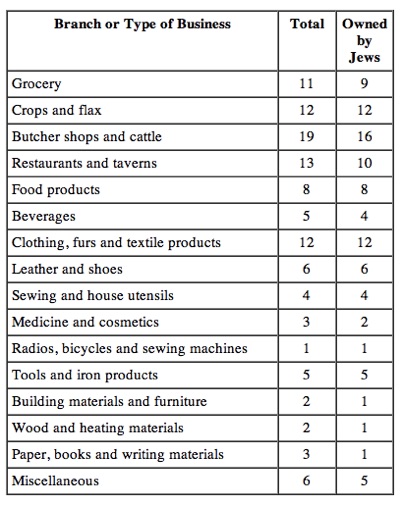
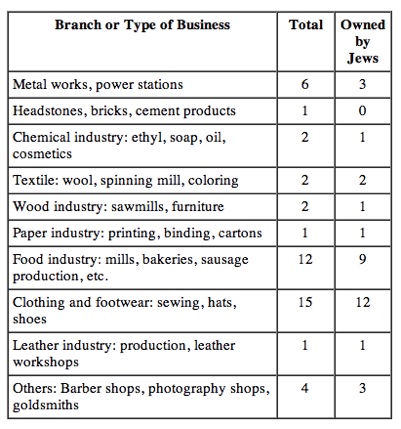
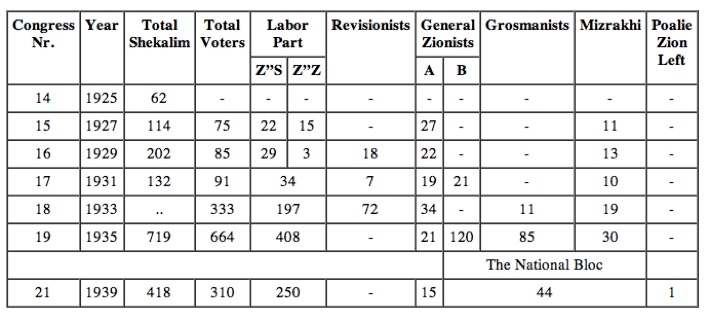
The new book Mi'yarkete Tsafon ("From the Ends of the Earth", hard cover, 408p.) - memoirs of Gitta Langleben-Klibansky - chronicles Gitta's expulsion from Kovno a few days before the Nazi invasion of Lithuania and her deportation to one of the most northerly areas of Siberia at the Arctic Circle. This unique and thrilling account illuminates aspects of the Second World War that are generally unknown to typical readers and even to Holocaust researchers.
The book opens with the author's vivid description of her life in a traditional family in Lithuania in the 1920s and 1930s, her studies at the Hebrew Gymnasium in Kovno, and the dramatic turn in her life as a result of the Soviet occupation of Lithuania in 1940. Only a few days before the first gruesome massacres of the Lithuanian Jews, Gitta and her family are expelled from their home by the Soviets. Although they escape the claws of the murderous Nazis and Lithuanians, their destiny takes them to the terrifying banks of the Arctic Ocean.
Gitta's account of life in Siberia is an extraordinary description of her confrontation with the brutal climate and the flinty Soviet
authorities -- but also of an establishment of a Jewish community which, with enormous effort, attempted to reconstruct the spiritual communal life it had known in Lithuania. The kingpins of this new Jewish community were Gitta's father and the mother of her future husband (originating in Keidan), who taught the youth Hebrew, organized daily prayers, constructed Jewish calendars and initiated other activities.
Sixteen years later, following the long-awaited release from Siberian exile, the author and her husband in Vilna attempt to gain permission to immigrate to Israel. When their struggle runs into a brick wall, they express their longing for the Jewish homeland by naming their children with Jewish names and teaching them the Hebrew language openly. After thirteen years of tedious efforts, their stubborn struggle succeeds in triumph. The book ends with their landing in the Promised Land.
Of particular interest to Keidaners are the memoirs of Gitta's late husband, Menachem Klibansky, included in the second section of the book, which stretch from his birth in Keidan and his expulsion to Russia together with all the Kovno Gubernia Jews in 1915 to his life in Keidan and Kovno in the interwar period. His visit to Keidan after his return from exile in Siberia (his second deportation) is sensitively described, as is his deep frustration at finding the town empty of Jews. The book also contains two
genealogical charts of the families Langleben and Klibansky.
The editor of this work, Dr. Ben-Tsiyon Klibansky, has added to the memoirs a research wrapping of relevant footnotes and a professional article at the appendix dealing with the deportation of the Lithuanian Jews, based on NKVD documents that he uncovered at the special archives in Vilna. This extensive research material complements the author's memoirs from a scientific perspective and reveals for readers and researchers quite a fascinating piece of Jewish history that has disappeared until now into the shadow of Holocaust stories.
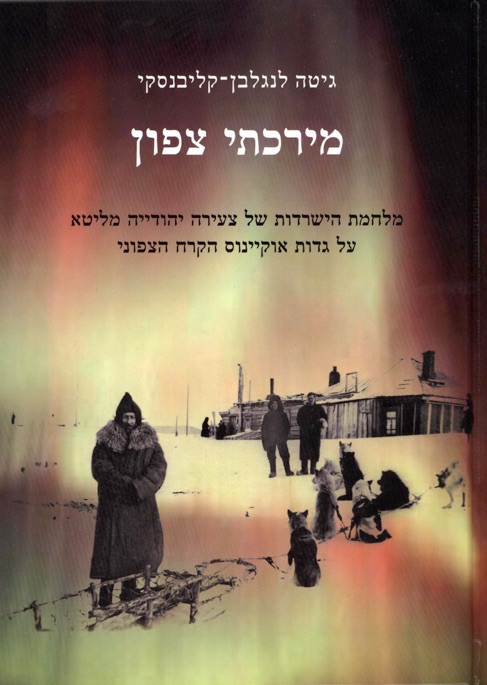
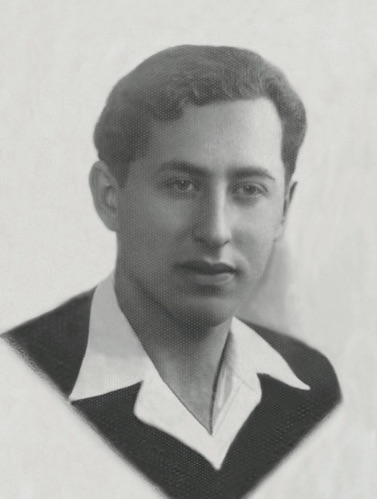
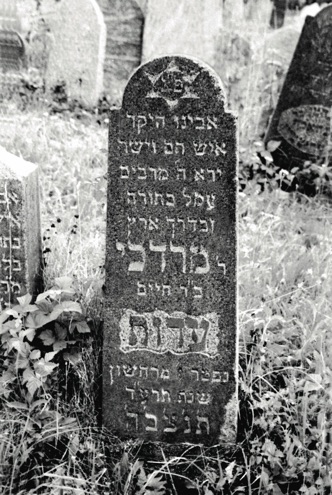
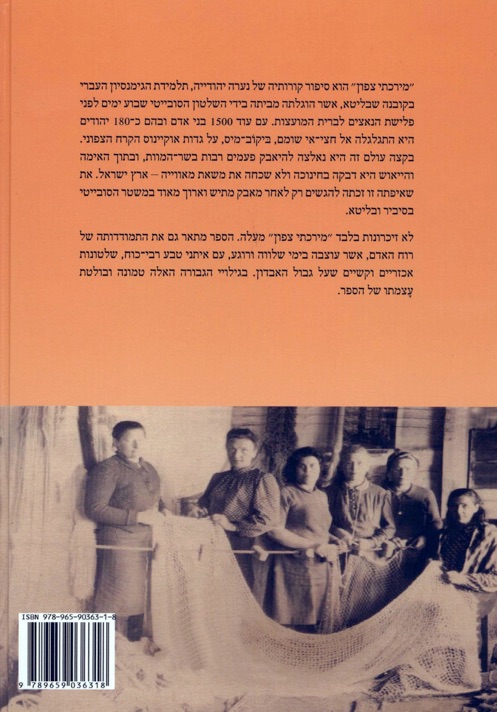
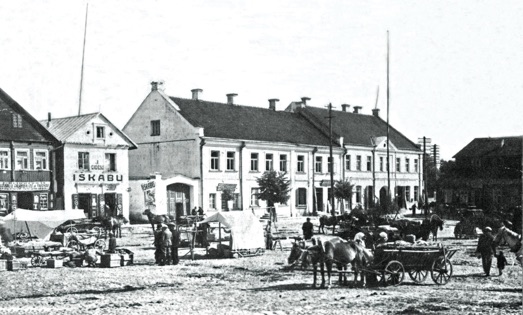
The Memoirs of Gitta Langleben-Klibansky
The family house and shop [Iskabu] in Keidan
The Keidaner Menachem Klibansky
The tomb of Menachem's grandfather in Keidan cemetery





